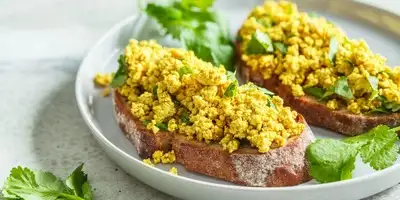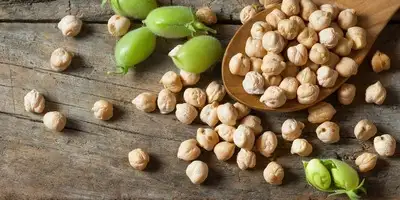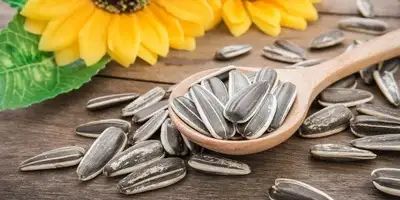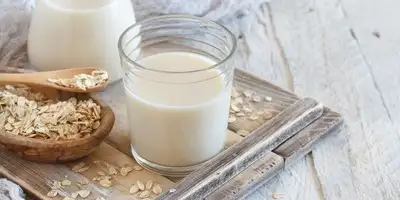Do coffee and tea count as water?
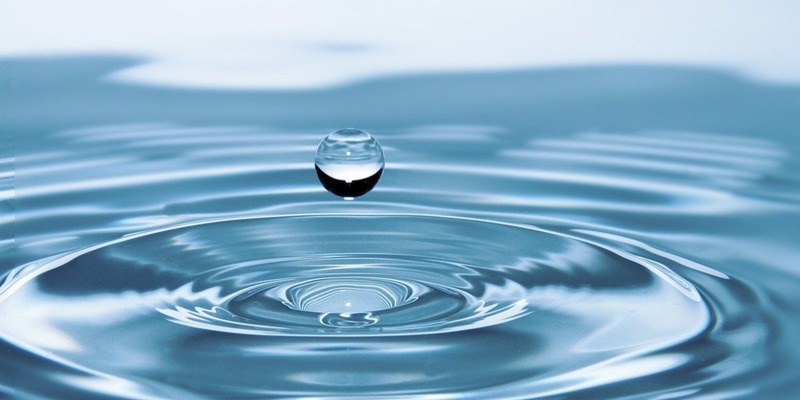
That's an age-old question - so we did some research. Our bodies are made up of 60% water. In addition to aiding digestion, flushing out impurities, and lubricating our joints, the water in our bodies literally helps us think - the brain uses water to make hormones and neurotransmitters. Even though water technically helps us think and keeps us energized, many of us feel like we need a little extra kick of caffeine to get our minds going - and coffee and tea taste good. Aside from water, tea and coffee are the two most widely consumed beverages in the world. But does coffee count as water when it comes to hydration? Is tea considered water? Is pure H2O the only thing that counts as water? Let's settle the debate once and for all!
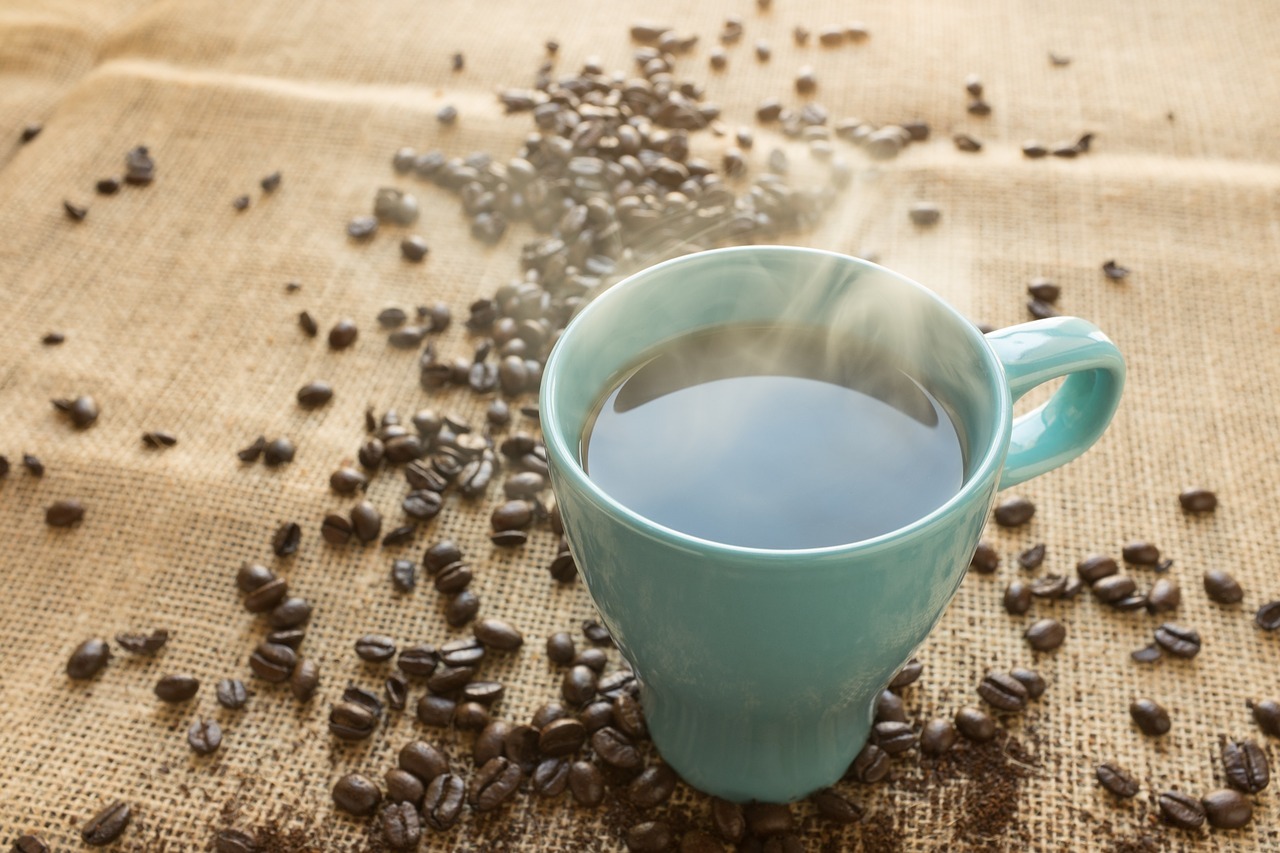
Does coffee count as water?
You don't have to limit yourself to plain water to stay hydrated. Other liquids and certain foods count, too. Coffee, within reason, counts toward fluid intake. The caffeine in coffee has a mild diuretic effect: that is, it can cause water loss. However, studies have shown that coffee has a diuretic effect only when drunk in large quantities of at least 250-300 mg. This is equivalent to about two to three cups of coffee. Another study found no evidence of dehydration with moderate caffeine consumption. That sounds like good news if you love your morning cup of coffee. But wait, there's more: research has also found that drinking coffee not only wakes you up, but also has benefits - namely, phytochemicals that have antioxidant properties. To make sure coffee doesn't miss its mark, you should drink no more than one or two cups a day and avoid extra sugar or syrup. One strategy to reduce coffee consumption is to replace it with water, and this is also a way to drink more water - so it's a win-win situation.
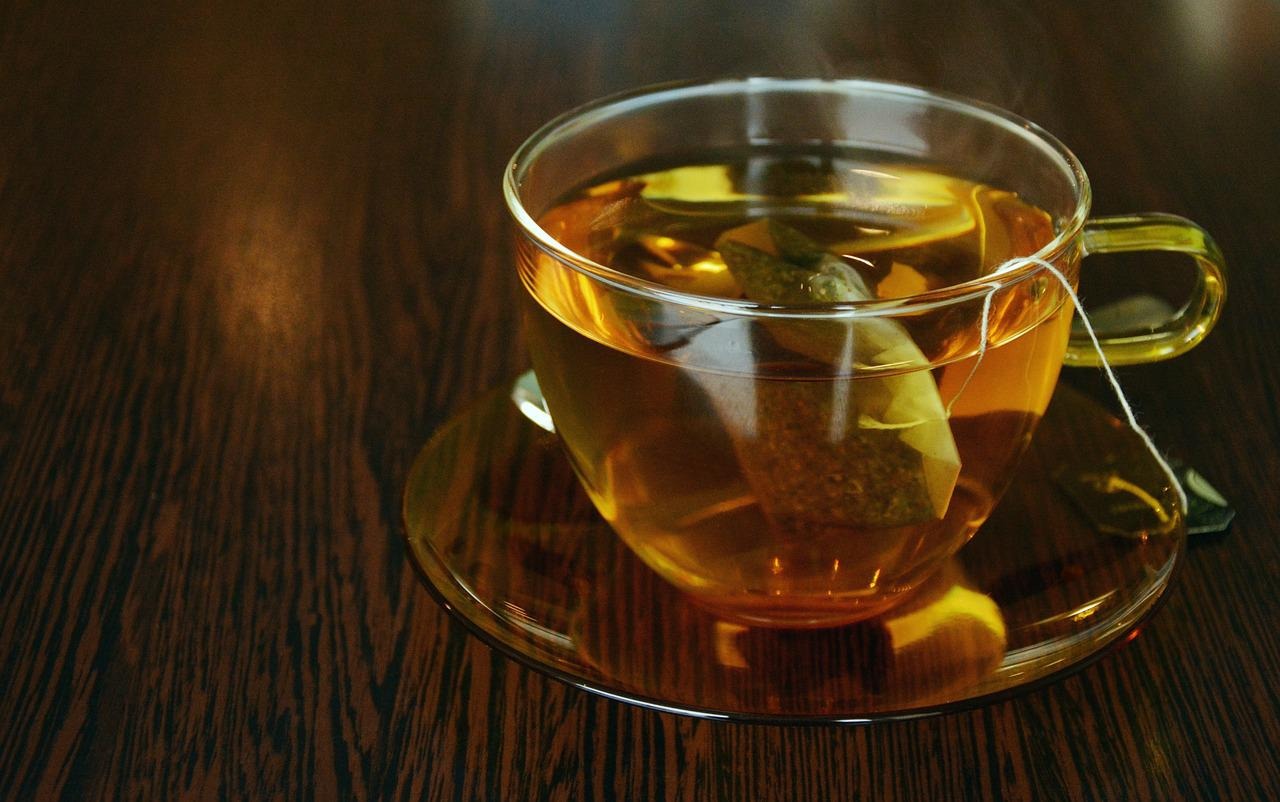
Does tea count as water?
The water contained in tea can contribute to our daily fluid intake. Black tea and green tea do contain caffeine, but less than an average cup of coffee. Many herbal teas, such as chamomile, peppermint and ginger, are completely caffeine-free. Numerous studies have shown that teas have a variety of health benefits. Green tea is one of the healthiest teas due to its polyphenol content, which can inhibit inflammation. We are also fans of green matcha tea, which provides more energy, concentration and relaxation. It is recommended to choose a high quality green tea and steep it for several minutes to maximize the health effects.
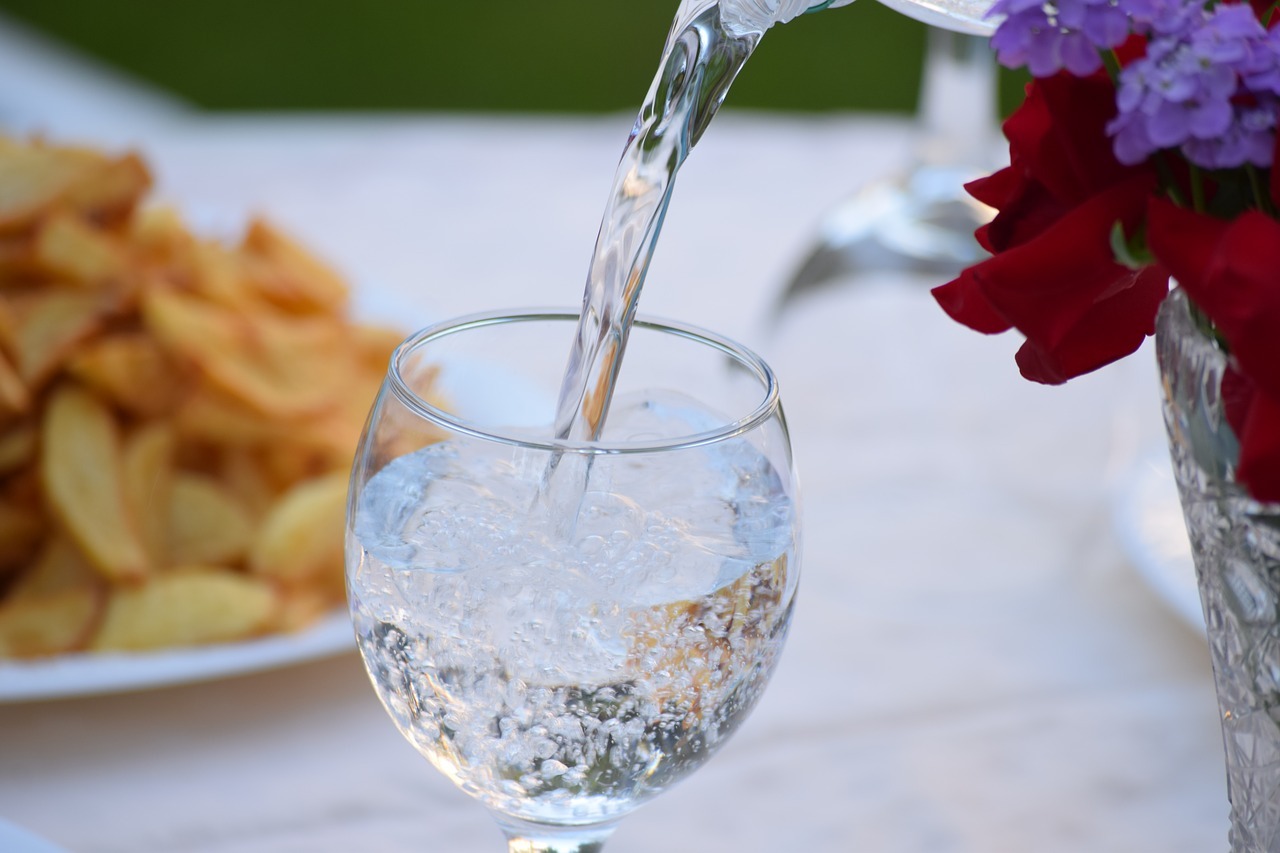
What else counts as water?
The reason we need water is because it hydrates us. But there are other hydrating liquids and foods besides H2O. Although daily hydration can come from foods and drinks, plain drinking water is a good hydration option because it has no calories. Water is the easiest beverage to keep hydrated without adding extra calories. But there are other ways to stay hydrated, which is essential for survival. Coffee and tea can contribute to hydration, but so can milk, juice and most other beverages. Remember that these drinks usually contain more sugar and calories. If you don't like the taste of plain water, try adding natural flavors: for example, a sprig of mint or a slice of lemon. Some fruits and vegetables are also particularly moisturizing. Watermelons are 90% water and make a refreshing snack. Other water-containing fruits include oranges, grapefruits and strawberries. On the vegetable side, celery, tomatoes, cucumbers and lettuce are some water-rich options. The conclusion? Drink plenty of water every day. Other beverages like coffee and tea will also keep you hydrated.
More information
Always consult your healthcare provider to ensure that the information displayed on this page applies to your personal circumstances.














